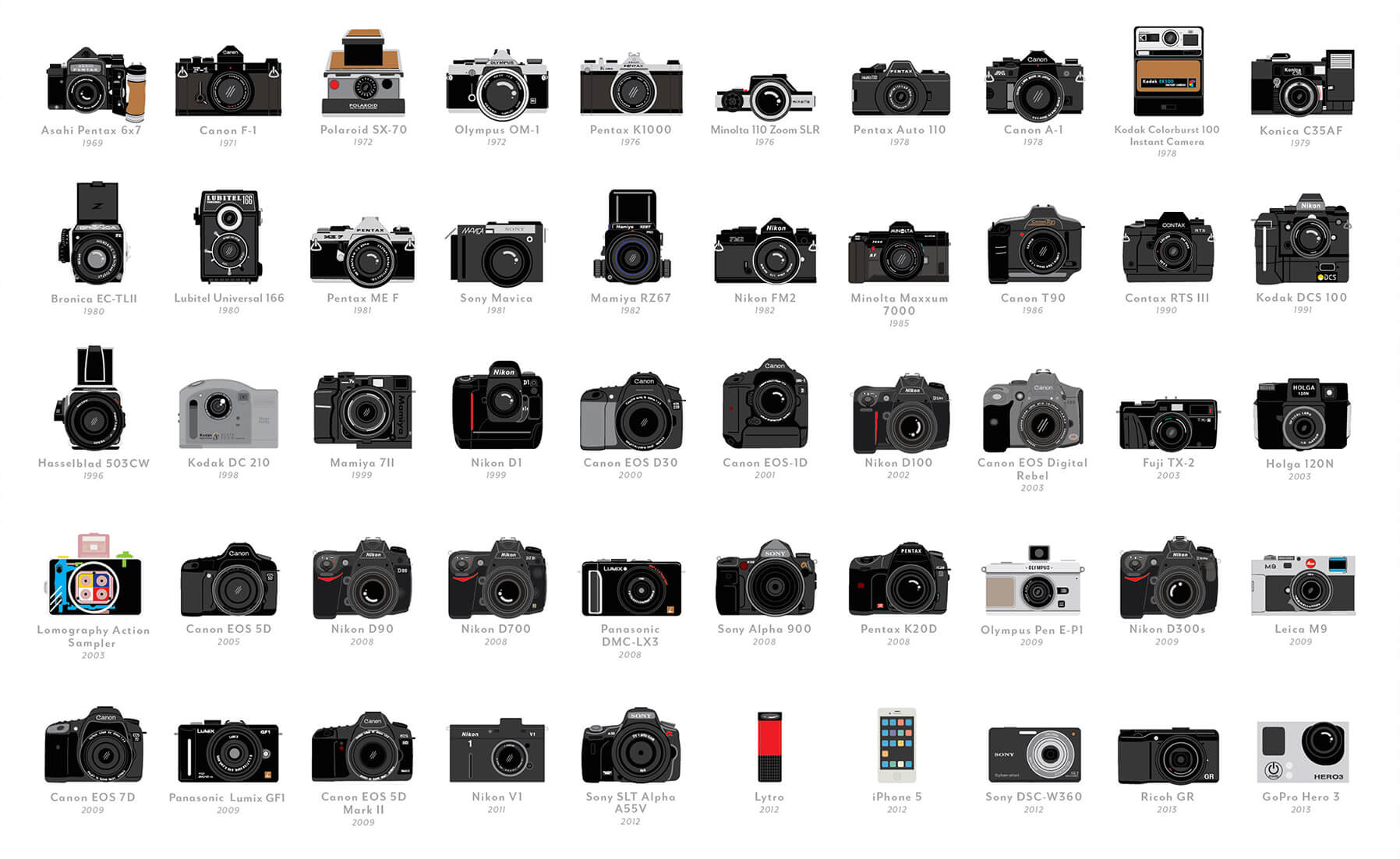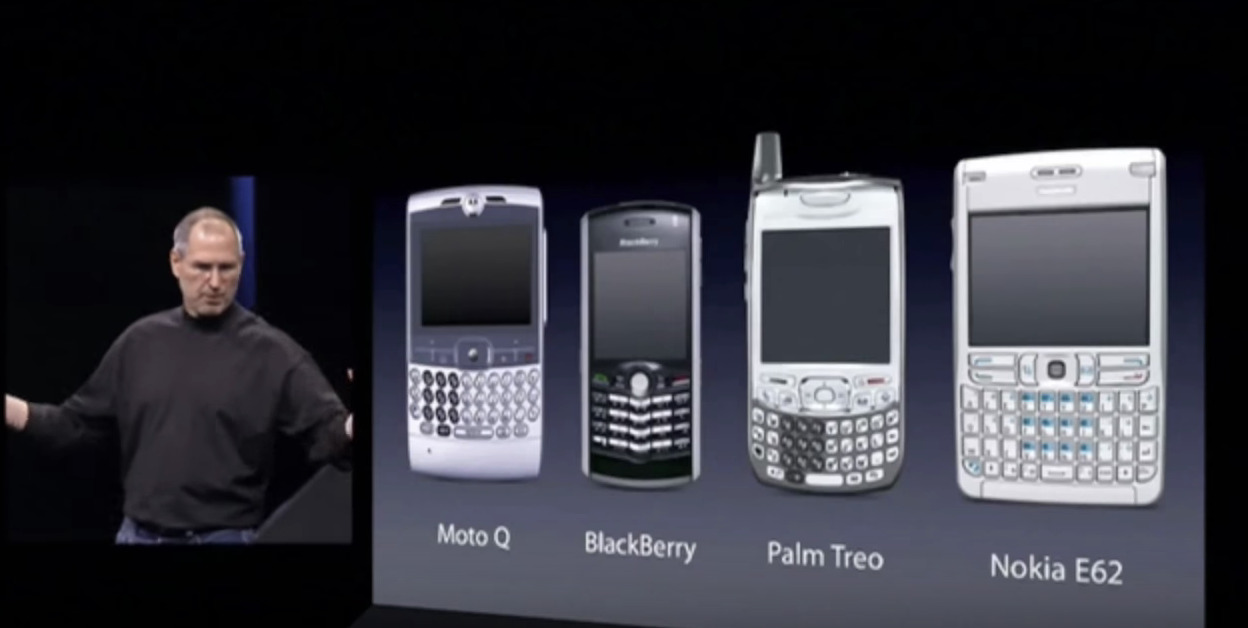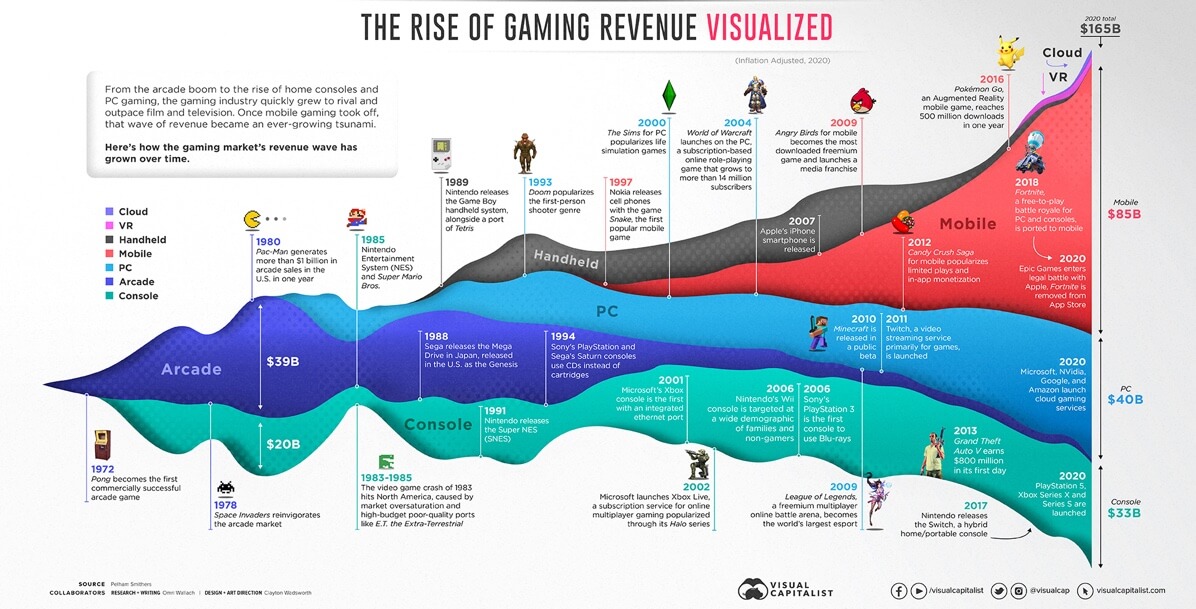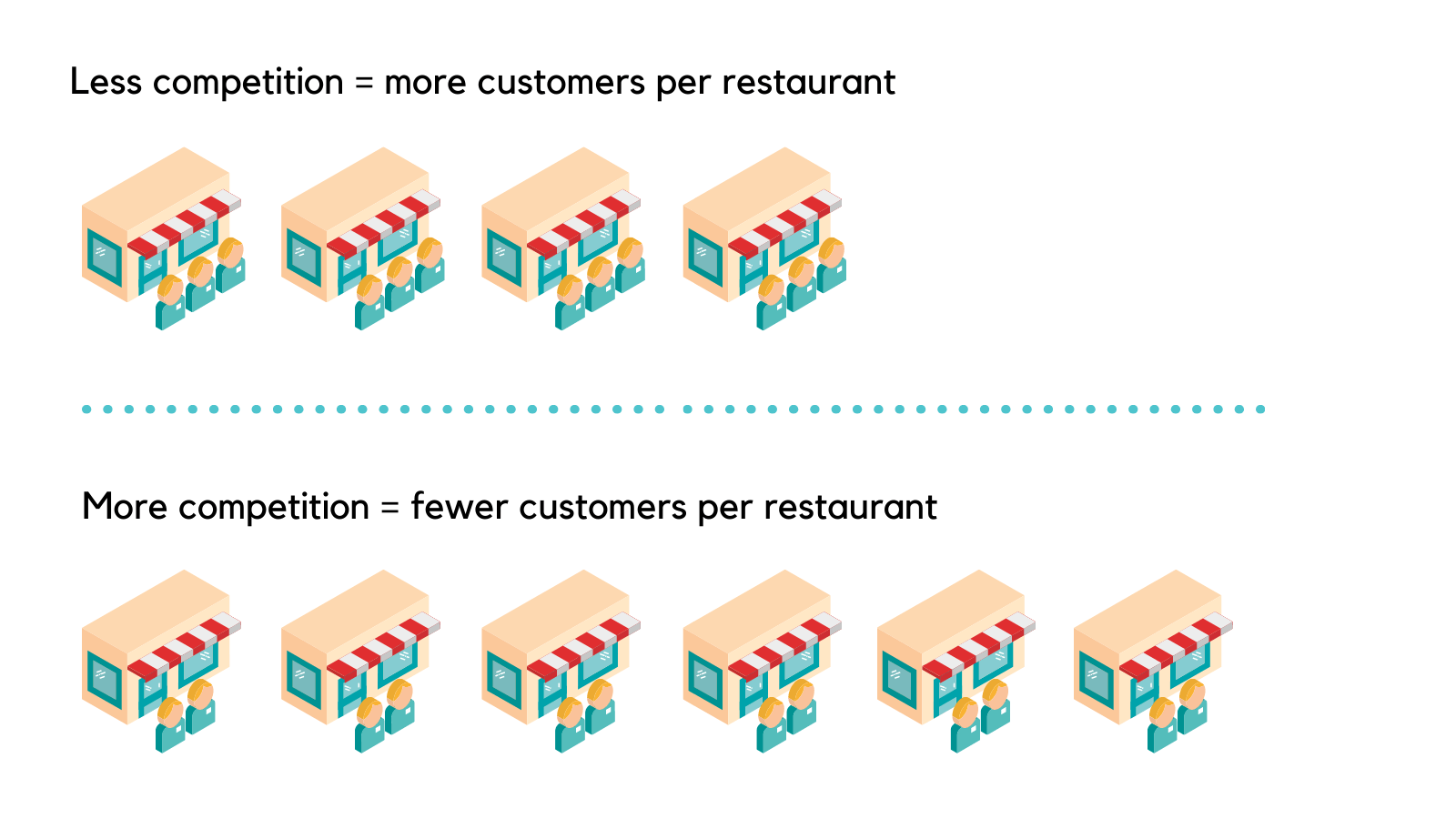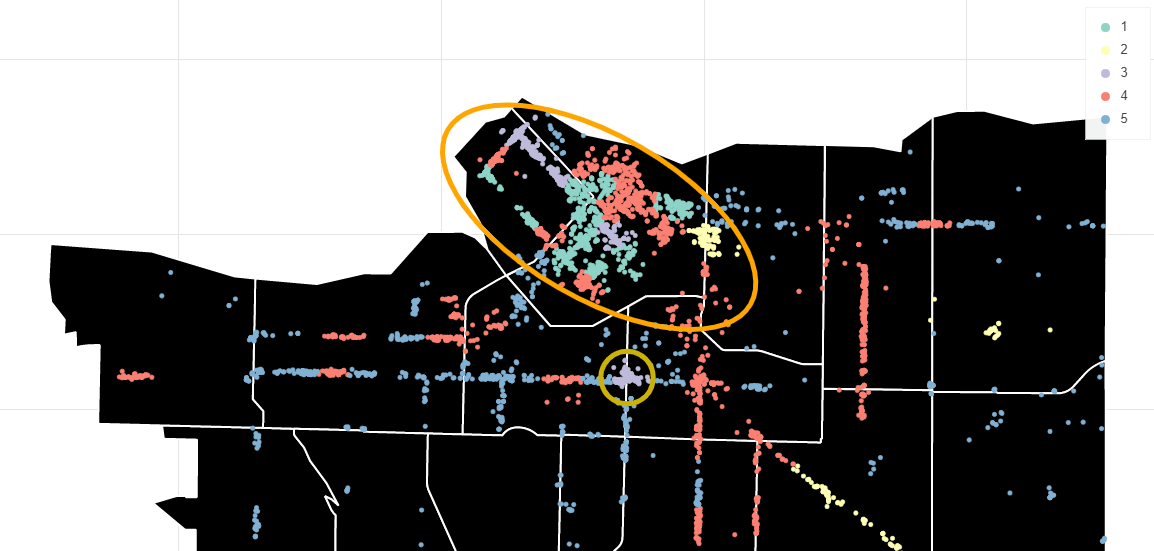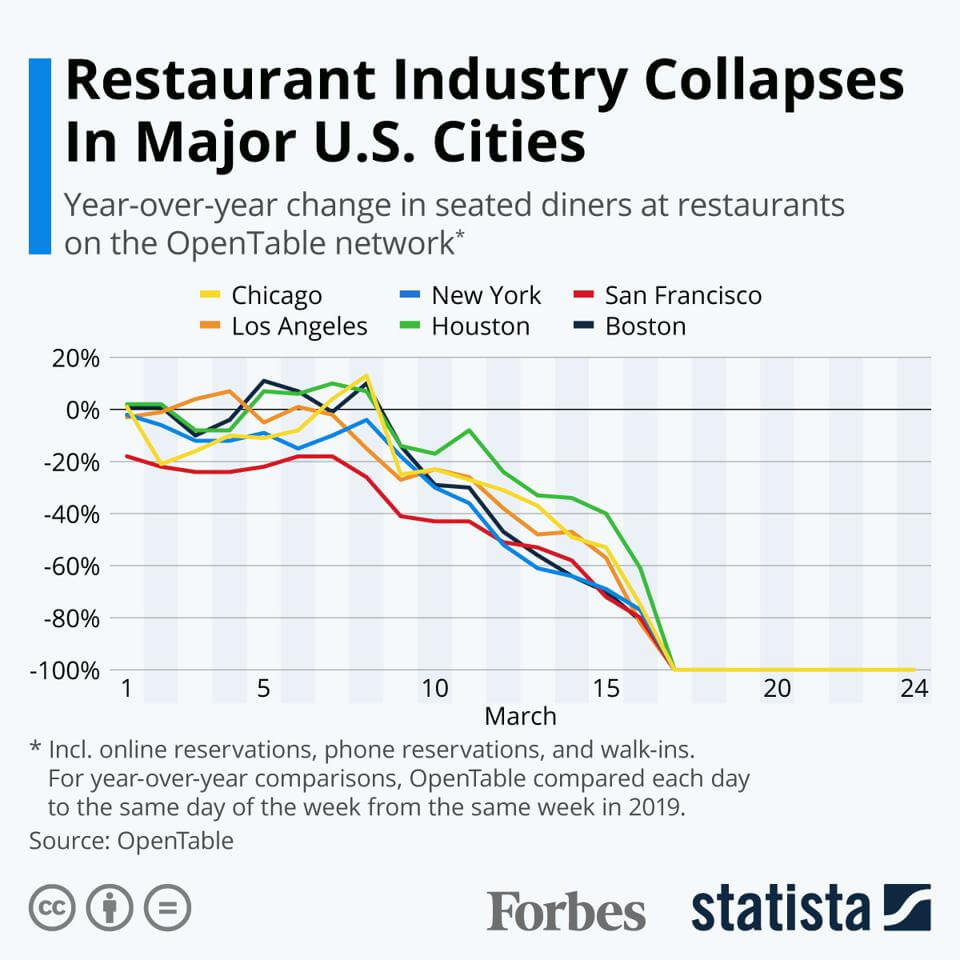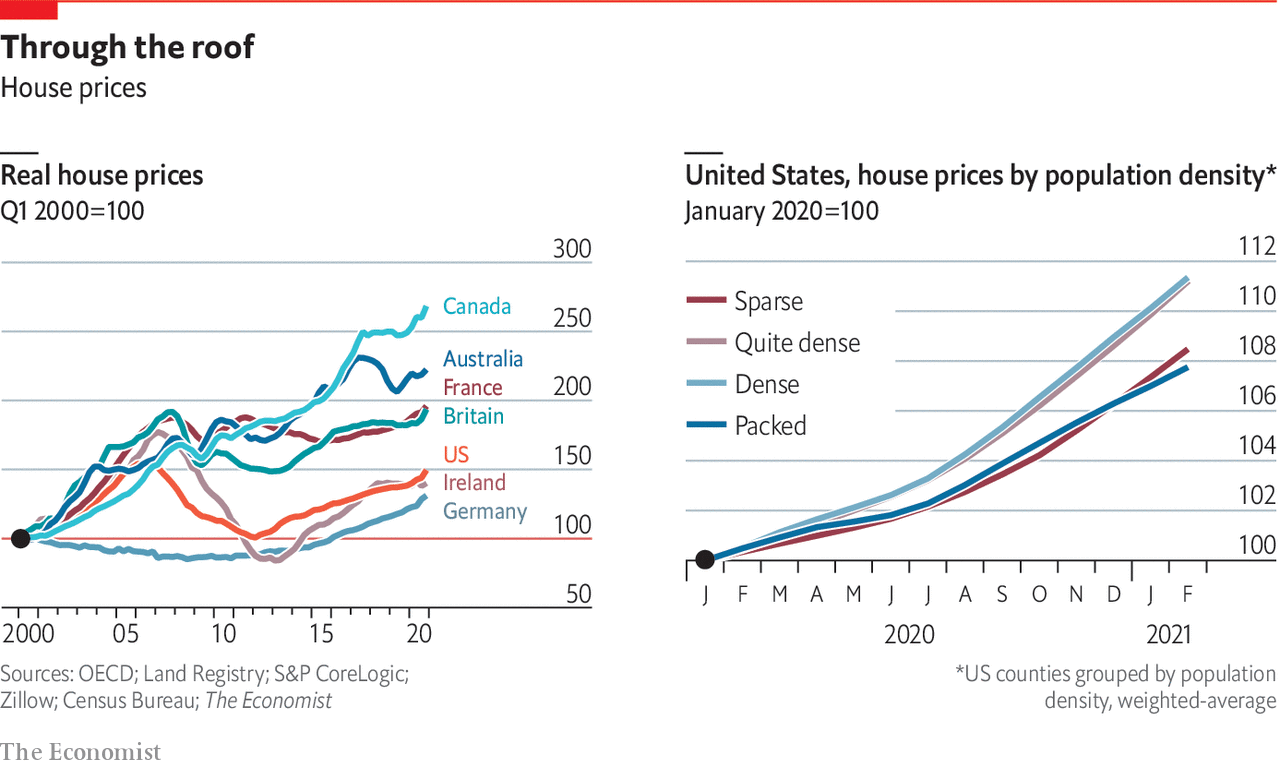Do entrepreneurs create demand?
Contrary to popular belief, entrepreneurs don't "create" demand for a product.
While companies certainly have some influence over what customers desire, market demand is, broadly, determined by multiple factors, many of which are outside of our control.
Here's how demand for products gets created, amplified, and destroyed.
New products evolve on top of existing demand
Most new products are an evolution of older products and benefit from pre-existing demand.
Take, for example, cameras:
Even Kodak's original camera, released in 1888, was built on previous iterations.
Since then, each subsequent innovation has benefitted from the growing demand in the camera category.
New products combine demand from multiple categories
Some new products combine demand from multiple categories:
For example, the iPhone combines a pocket computer, phone, camera, camcorder, mp3 player, calendar, notepad, game console, alarm clock, radio, flashlight.
Furthermore, the iPhone was also just an evolution on top of what had happened with the telephone, the flip phone, the Palm Pilot, the smartphone, and the Blackberry.
Many said Steve Jobs' iPhone launch was "revolutionary" and "creating something the world had never seen," but in reality, he was riding an existing wave of demand. 🌊
Customer demand accumulates
The amount of customer demand for a given category is often cumulative.
In the video game industry, arcades came first, then home consoles, then PC gaming...
Customer demand from one era helps feed the demand for the next.
(The supply-side also evolves: more devs, etc.)
Competition can hurt customer demand (or improve it)
Another factor that affects demand is competition.
If there are 4 restaurants in an area, customers split their $ among the available options.
With more options, customers might spread their spending (resulting in less $ for each place).
Paradoxically, having more restaurants in a particular area can also increase demand: "culinary neighborhoods" can attract more traffic.
In business, this phenomenon is called "clustering." When restaurants cluster together, people will seek out that area whenever they're looking to dine out.
External events can affect customer demand
Weather, geopolitical, and pandemic events can have a huge impact on demand and are definitely outside a founder's control.
COVID-19, for example, had a devastating effect on the restaurant market.
COVID also increased demand for a limited supply of houses (which sent prices soaring).
Another factor is societal trends: it's not easy to predict how a culture will evolve, and how it will affect customer behavior. Burgers might be popular today, but might become unpopular tomorrow!
What factors do entrepreneurs control?
While individual founders can't really influence overall customer demand, there are factors you can control:
- The product category they choose (most important)
- How they differentiate their product competitively
- Their skills, network, resources, experiences
- Efficiency + effectiveness of marketing
- How they control costs
- How they evolve
The most important choice you make will be which product category you decide to pursue. Is there sufficient demand in that market? Are lots of people searching for a solution? Are there new customers being born every day?
Build a product that people are already searching for, in a category where you have some built-in advantages.
(If you liked this article, you can share it on Twitter here)
Cheers,
Justin Jackson
@mijustin
